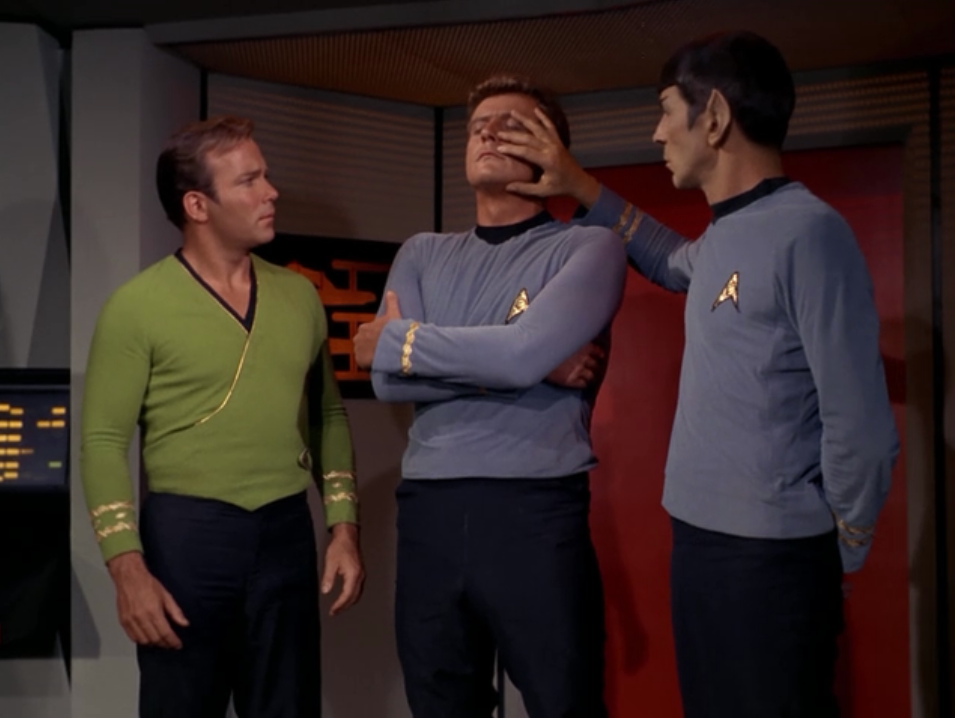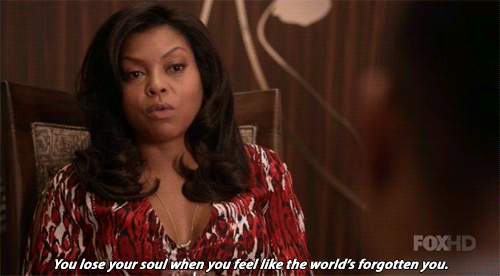#SAGeeks - A Story About San Diego Comic Con
The SAGeeks series is all about celebrating the geeky and nerdy sides of all of us working in higher education and student affairs. The series is edited by Jenn Osolinski and Lynne Meyer. Check out our resources page for more geeky goodness.
It started on social media. Ryan McRae posted “anyone interested in free tickets to San Diego Comic Con (SDCC)? Let me know!” From that post a dream was realized. Ryan worked at a university near San Diego. He had reached out to SDCC for tickets as a prize for a “geek week” of programs he was hosting. In talking to his contact, they mentioned they wanted to reach out to higher education people because they were trying to develop partnerships. They were offering free tickets to San Diego Comic Con with very few strings attached. This was six years ago. My unofficial motto has always been “if it’s free, it’s me!” So I contacted his person and was surprised how easy it was to get free Comic-Con tickets for me and my partner (and our two daughters).
As a thank you, our family took Ryan out to dinner at SDCC. During dinner, Ryan and I discussed how we give presentations all the time. We could totally do a panel at SDCC and talk about how being a geek works for us in our daily jobs. After all, Ryan put together geek weeks for his job. I had also begun to do some research on geek/nerd students myself. We decided then and there that we were going to attempt a panel for 2011 at SDCC.
I did some research and realized how easy it was and how little work was needed to submit a proposal for SDCC. I had done things for ACPA, ACUHO-I, WACUHO, etc. and this was so much easier. Part of it asked who would be on our panel. I reached out to 3-4 other colleagues who I knew were geeks like Ryan and I. When I approached them and asked “Hey, would you be willing to be included in a panel proposal for San Diego Comic-Con?” They all basically reacted the same way – no chance this was going to happen, but sure, put my name down. I submitted the proposal for a panel six months before SDCC. And then forgot about it.
One night in June (about a month prior to SDCC) I received an email. Our panel had been accepted! I couldn’t believe it. I reached out to our colleagues who all gave me their names and we all were just in shock. We had a lot of work to do in a short period of time.
We did our first panel in July of 2011. We got a corporate sponsor to make us t-shirts. It was amazing and epic. We had about 150 people attend our first panel that year. They lined up an hour before the panel just to hear us. We were the last panel of the day, so we knew they weren’t waiting for anyone else. At many regional conferences, 150 people would be a keynote. For about four of our group, this was the first time they had ever been to SDCC. Many of us had crossed this off our bucket list. But what we discovered is how big a need it was.
When coming home to my campus, our VP of Student Affairs asked me about SDCC. He had no clue. When I explained attendance was 125,000 and explained our panel, he asked if I would do a training for SA professionals on our campus. Other staff from our panel found connections across the country and continued building a network. I encountered a student who attended our panel who was applying for an RA job on his campus because of our encouragement. We had colleagues who felt freed up to pursue their geek identities on their campuses. Geek Week programming exploded across the country.
We then took our group (called geekEd.) to ACPA where we received more feedback on just how “freeing” it was to encourage people in their love of pop culture. We started doing more research, connecting with faculty, and the rest has been history. Since then, our group has had a panel each year. SDCC is developing a Comic Conference for Educators and Librarians, and we have been a part of it. Over the past 6 years, Ryan’s generosity and our dream has allowed almost 50-60 professionals and students to attend their first ever SDCC. In addition, we have promoted a sense of belonging for geeks on our campuses, and campuses across the country. Students tell us how we gave them the freedom to pursue geek weeks, comic conventions, and other programming that speaks to them on their campuses. We have engaged in social justice work through pop-culture and have opened doors around mental health and support because of our passion/obsessions. There are so many more stories to tell, but for me, this is where it all began.
Tyler Miller is an avid geek, with passions from Batman, Dr. Who, Stargate, Star Wars, Star Trek, the WWE, and Fantasy Football to name a few. He is also proud of his geek family, consisting of his wife Kari, and five daughters; Eliana (9), Samara (6), Johana (4), Natana (3), Talyah (11 months). Tyler has worked in college housing for the past 22 years, and loves the experience working with students and staff in college environments. He is also the President-Elect for the Western Association of College and University Housing Officers (WACUHO).
You can connect with Tyler via Twitter, @tmiller1212 or on Facebook.











